Bounce houses are commonly seen in neighborhoods, amusement parks, fairs, parties, and other events. On most occasions, a bounce house is a great way for a child to play, get some exercise, and interact with friends. Unfortunately, bounce houses and similar recreational structures can be the site of a very serious injury and even the death of a child if safety precautions are not followed, including but not limited to, the anchoring of the bounce house. Furthermore, adult supervision is always key to protecting children from injuries. Kids will be kids. They lack good safety judgment and when there is no adult around – accidents and injuries can and do happen.
A recent accident in Nebraska exemplifies the instantaneous moment where fun on a bounce pad can turn injurious and deadly. A two-year-old boy died and his five-year old sister sustained a broken arm when a strong breeze uprooted the anchoring stakes of the moon bounce they were playing in at a Halloween pumpkin patch. The little girl was thrown from the bounce pad as it blew over, which saved her from serious injury. Unfortunately, the little boy tumbled with the bounce house as it blew over, which caused fatal head injuries. This tragedy in Nebraska demonstrates only one of the multitudes of ways in which a bounce house can cause injuries.
According to the Children’s Hospital of Los Angeles, other common injuries from trampolines and moon bounces are head trauma, neck injuries, and broken legs. Suffocation by the plastic of a bounce house poses additional risks, such as lung or brain damage from a lack of oxygen. Furthermore, the children’s hospital also indicates that over 10,000 children a year sustain injuries in moon bounces and that over a third of those injuries occur in children younger than five years old. See Bounce House Related Personal Injuries to Children.
 Child Injury Lawyer Blog
Child Injury Lawyer Blog


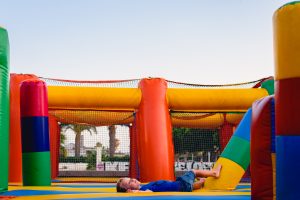
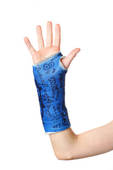 A day care center has been shut down and its owner arrested in Omaha, Nebraska. Sandra Johnson, also known as Sandra Minor, was arrested for felony child abuse. An emergency order was issued to Johnson (Minor), which immediately suspended her license as a child care provider and, ultimately, shut down her day care center. The emergency order was issued after police were called to Creighton University Medical Center. After the officers arrived, hospital staff advised them that an 11-month-old was being treated for a broken arm. Police then talked with the child’s mother who told police that she believed the incident could have happened at her child’s day care center.
A day care center has been shut down and its owner arrested in Omaha, Nebraska. Sandra Johnson, also known as Sandra Minor, was arrested for felony child abuse. An emergency order was issued to Johnson (Minor), which immediately suspended her license as a child care provider and, ultimately, shut down her day care center. The emergency order was issued after police were called to Creighton University Medical Center. After the officers arrived, hospital staff advised them that an 11-month-old was being treated for a broken arm. Police then talked with the child’s mother who told police that she believed the incident could have happened at her child’s day care center.
 A startling statistic is that death rates are twice as high in homes without working fire alarms. SAFE Kids USA reports that over one hundred thousand kids are hurt every year in the US in fire and burn incidents. These incidents are also the the third leading cause of death for children under fourteen years old. In sixty six percent of the cases where a child was injured or died from a residential fire, the fire alarms either weren’t working or were simply never installed. Remarkably, statistics show that a working fire alarm reduces your chances of dying in a fire by fifty percent.
A startling statistic is that death rates are twice as high in homes without working fire alarms. SAFE Kids USA reports that over one hundred thousand kids are hurt every year in the US in fire and burn incidents. These incidents are also the the third leading cause of death for children under fourteen years old. In sixty six percent of the cases where a child was injured or died from a residential fire, the fire alarms either weren’t working or were simply never installed. Remarkably, statistics show that a working fire alarm reduces your chances of dying in a fire by fifty percent.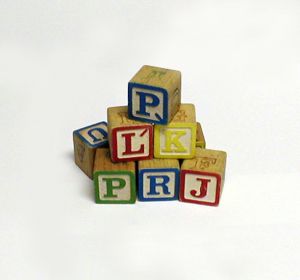 In Nebraska day care centers adequate staffing is vital to the safety and educational needs of the children. In other words, it is important to have a sufficient number of child care workers in place to make sure that the individual needs of each child is met throughout the day. The State of Nebraska has instituted staff to child ratio standards for day care centers under the
In Nebraska day care centers adequate staffing is vital to the safety and educational needs of the children. In other words, it is important to have a sufficient number of child care workers in place to make sure that the individual needs of each child is met throughout the day. The State of Nebraska has instituted staff to child ratio standards for day care centers under the  Nebraska day care centers / child care centers must follow the rules and regulations located at
Nebraska day care centers / child care centers must follow the rules and regulations located at 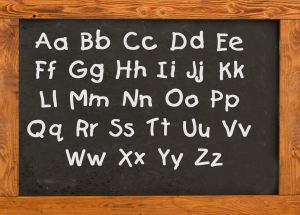 Working parents in Nebraska must rely on child care centers and day care centers to provide supervision, care and education to their children from infants to toddlers to school aged children. The Nebraska Department of Health and Human Services provides licensing information to parents, caregivers, and others who want to obtain or research information on a child care center, day care center, health care providers and others. Go to the Official Website for
Working parents in Nebraska must rely on child care centers and day care centers to provide supervision, care and education to their children from infants to toddlers to school aged children. The Nebraska Department of Health and Human Services provides licensing information to parents, caregivers, and others who want to obtain or research information on a child care center, day care center, health care providers and others. Go to the Official Website for 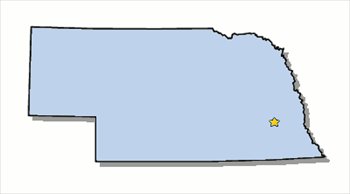 Nebraska day care centers / child care centers must comply with criteria, rules, and regulations set forth by the
Nebraska day care centers / child care centers must comply with criteria, rules, and regulations set forth by the 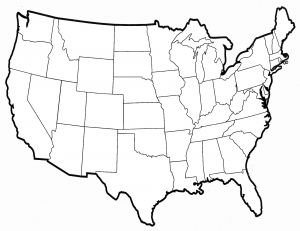 The United States Department of Health and Human Resources has a website that has a great reference tool for parents and caregivers with children in day care centers and child care centers. Each state regulates day care centers / child care centers through a state specific administrative code and / or policy manual. Go to
The United States Department of Health and Human Resources has a website that has a great reference tool for parents and caregivers with children in day care centers and child care centers. Each state regulates day care centers / child care centers through a state specific administrative code and / or policy manual. Go to